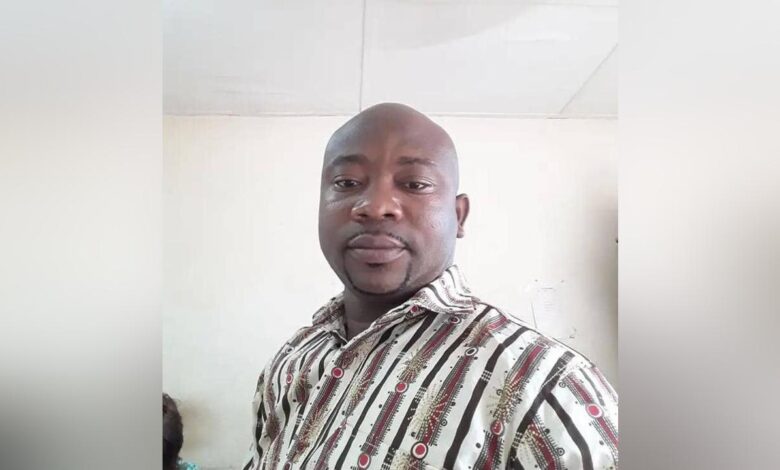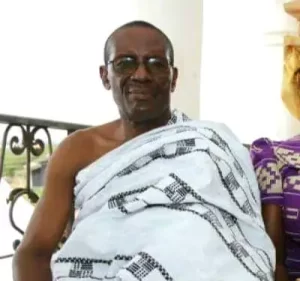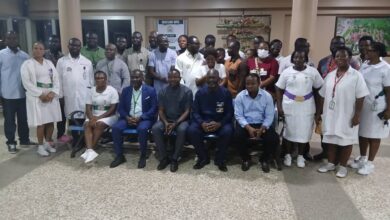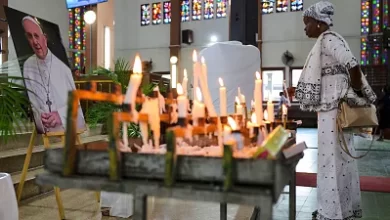
The architecture of national security must be astute and rise above personal and political interests, placing the state’s priorities first in the pursuit of peace and stability in the Bawku conflict area.
The recent escalation of tensions in Bawku has prompted calls for a reassessment of intelligence-gathering strategies by state security agencies, which are believed to have the capacity to restore peace in the region. However, there is growing suspicion of “conflict entrepreneurs” — individuals or groups profiting from the intra-chief and tribal disputes — who are contributing to the ongoing unrest at a significant economic cost to the nation.
Speaking during a panel discussion on Adekyie Mu Nsem, a morning show on Ahotor 92.3 FM hosted by Citizen Kofi Owusu in Accra, Dr. Richard Fiadomor, President of the Chamber for Local Governance (ChaLoG), emphasized the need for intelligence institutions to step up their efforts. He urged them to prioritize national interest over political, tribal, and chieftaincy affiliations that are fueling the conflict, in order to develop a sustainable solution.
Dr. Fiadomor argued that mediation should be a last resort, especially given the sophisticated weapons being used by interest groups and factions. He stressed that intelligence-led strategies, rather than negotiation alone, are essential to addressing the underlying causes of the violence.
Also on the show, socio-political analyst Nana Osei Piesie Anto expressed frustration with the prolonged nature of the Bawku conflict. He called on the government to show greater commitment by mobilizing necessary support and establishing effective structures to achieve lasting peace. He further urged the state to eliminate political interference in the conflict, noting that innocent citizens continue to suffer due to the ambitions of political actors exploiting the situation for power and influence.

In a related development, renowned security expert Prof. Kwesi Aning described the Bawku conflict as a national security issue with regional implications. He warned that the violence has extended beyond the local area, threatening the broader peace and stability of Ghana and the West African sub-region.
“We are looking at this as a Bawku conflict. It is not. This is a Ghana conflict, with regional implications, connections, and networks,” Prof. Aning stated. “Those who are perpetrating and profiting from the violence are not necessarily located within Bawku.”
He called for an immediate and comprehensive national response to de-escalate tensions and restore lasting peace. According to him, the state must take bold and decisive action, beyond short-term military deployments.
“We need to better understand the networks and utilize available intelligence to take the necessary actions,” he urged. “This is Ghana’s problem — and increasingly, a West African problem.”
The Bawku conflict, deeply rooted in longstanding ethnic and chieftaincy disputes, has witnessed periodic flare-ups over the years, leading to casualties, displacement, and increasing national security concerns. In the latest resurgence of violence, three people, including two young police officers, have lost their lives.
Story by: Alexander Kukah




